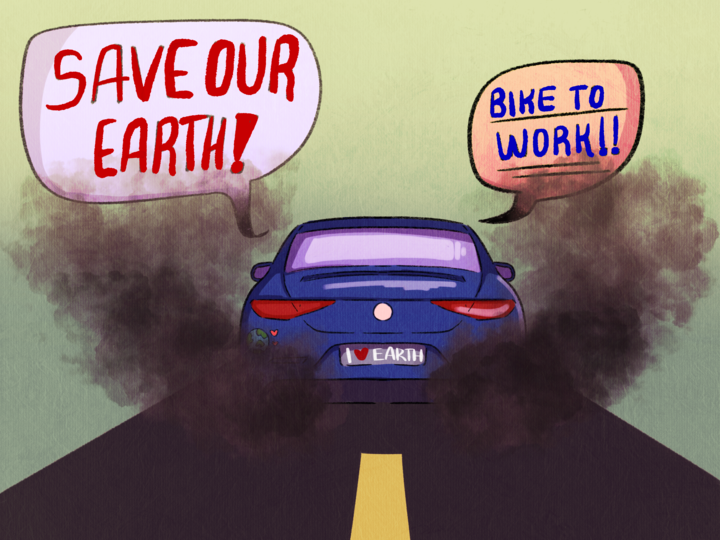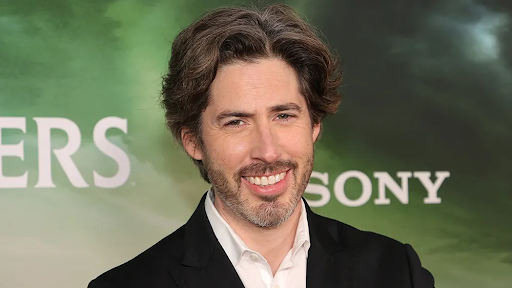BookTok has expanded many authors’ audiences, especially Colleen Hoover. During the pandemic, Hoover’s book “It Ends with Us” blew up on BookTok despite being released in 2016. The book’s popularity inspired her to write a sequel called “It Starts with Us” in October. As an avid reader, I found myself drawn to Hoover’s books because of suggestions on BookTok. After reading six of her books, I don’t think their problematic characters and plot should be celebrated.
Hoover’s primary audience is teenage girls looking for their first romance novels, but her depictions of love are often abusive. Still, her characters stay together because their problems are “fixable,” like a couple stays together even though the male character burns down the female’s house, causing her to be disfigured, or the male character cheats on his wife for the female character while the wife is bedridden. There is no doubt that Hoover brought reading back to a younger audience, but her books should not be read by them or anyone else because of the problematic characters and the messages the books send her audience.
“It Ends with Us” follows the story of Lily and Ryle and their romance. They meet on top of an apartment building, and Ryle takes a photo of Lily and blows it up to put it on the wall in his apartment, which is beyond creepy. Anytime Lily does anything Ryle doesn’t like, like laughing, he has an outburst directed toward her, yet she stays with him and makes excuses for him. Even when he pushes her down the stairs, she makes excuses. Her making excuses for him is horrible and sets a bad example for readers, especially her young audience. Most of her younger audience is entering their first relationship, and after reading her books, they might think all relationships are toxic, and their partners are hiding secrets from them.
Since Hoover’s audience is young women, and she writes about toxic relationships, the young women tend to romanticize the toxicity of the relationships and think real love has to be unhealthy for them to stay together. This should not be the case, and Hoover sets a bad example for how women and men should be treated in relationships. Yes, these books are works of fiction. However, repeatedly seeing horrible relationships can influence how young minds think. Media significantly affects young people’s lives, and Hoover sets unrealistic expectations of relationships.
Hoover’s writing is also full of poorly written clichés, like overusing “just keep swimming” from the movie “Finding Nemo.” Her characters don’t have much depth. Her books follow the same character pattern: the girl meets a guy and falls in love, the guy is a big liar and they end up together with all loose ends tied up. When her characters go through trauma, it is discussed for a chapter then it’s never discussed in depth again. In “It Ends with Us,” Ryle’s sister knows of the abuse but still engages with him, even after Lily comes to her and asks her to keep her distance. Hoover uses trauma to expand the story, but she doesn’t substantially address it.
Hoover’s books are popular, but people should look deeper into her writing to find it controversial because of how she writes about abuse and trauma. She should not be using these subjects as punch lines and instead writing about trauma to educate people on the realities of abuse. Many authors do a better job writing about trauma and don’t only have abuse in their books to advance the plot.
Follow Kelly Marry on Twitter

Kelly Marry (she/her) is a sophomore studying journalism and public relations. She loves to read and travel in her free time.









